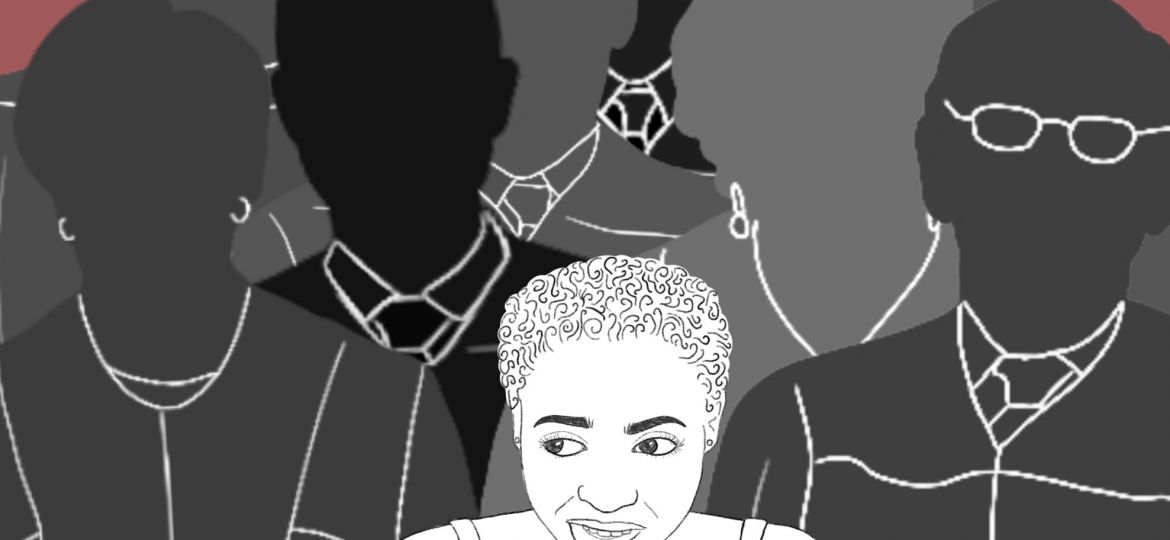
On Sept. 26, 2020, President Donald Trump announced United States Federal Judge Amy Coney Barrett as his choice for Supreme Court nomination to replace the late Associate Justice of the Supreme Court Ruth Bader Ginsburg. The opposition has dissented to Barrett’s selection on a few different levels: the timing in regard to the upcoming election, the influence of Barrett’s religious background on her rulings, the effect of a lifetime appointment and much more. Above all else, however, I believe this decision exposes a significant threat to democracy: the people involved in appointing and confirming Supreme Court Justices do not represent the views of U.S. citizens.
As a young person, it is often difficult for me to parse out the meaning of certain American political practices, policies and traditions. It is easy to get confused about how each of our political processes work and how democracy is either protected or put under siege. What is the nuance between decisions the Senate and House make? What is the true power of the presidency? And right now, how exactly is the Supreme Court chosen, and where is the judicial power held?
In a vacuum, this system seems generally fair and honest — basically, the sitting president nominates someone to fill a Justice position, and then the Senate votes on their confirmation with a simple majority decision ruling. But when looked at with a scrupulous eye, especially through the lens of Barrett’s nomination, the justice system is glaringly flawed.
Ginsburg was a giant of a woman regarding ethics, inspiration, intelligence and integrity. She represented what I will forever imagine a judge to be, despite her imperfections. In utter contrast, Barrett represents a woman deconstructing and devaluing the legacy of the notorious RBG. This makes the choice of Barrett all the more bitter and difficult. She would further move the purportedly impartial court toward conservatism rather than maintain a balance of perspectives.
Right now, the majority in power actually represents a minority of the American population. This means that our justice system is being upheld, controlled and changed by a minority. To be more specific, our justice system is in the hands of the Republicans. Of the current Justices, five were appointed by Republican Presidents, three by Democratic Presidents, and one remains completely up in the air — this is potentially Barrett’s seat.
Further, republicans controlling the senate will make the final decision on Barrett’s appointment, though they represent only 30 percent of the population. Think of the decisions that are being made and will be made in upcoming years: healthcare, human rights, reproductive rights, racial injustice — all of these issues are in the hands of individuals who don’t represent the views of our broader population. With Barrett as a Justice, the Court will be ever more skewed towards misrepresentation. Imagine the impact.
As President, Trump has nominated three Justices to the Supreme Court, despite the fact that he lost the popular vote. This exposes a vulnerability in the system. The actual views of the American public are not displayed in the makeup of the Supreme Court, with or without Barrett. Inequality, unfair distribution of power and the ominous fate of democracy are all coming to light under the shadow of Barrett.
With Trump’s recent positive COVID-19 test, which some say was caused by the ridiculous event that was the in-person Barrett announcement, the upcoming election is falling even further into chaos and uncertainty. Due to this, there is increased doubt in her confirmation process. No matter the decision, in order to uphold the type of democracy that the U.S. strives for, the Supreme Court needs to be reformed, and fast.
peacor2@stolaf.edu
Caroline Peacore ’24 is from Pasadena, CA. Her major is
undelcared.

